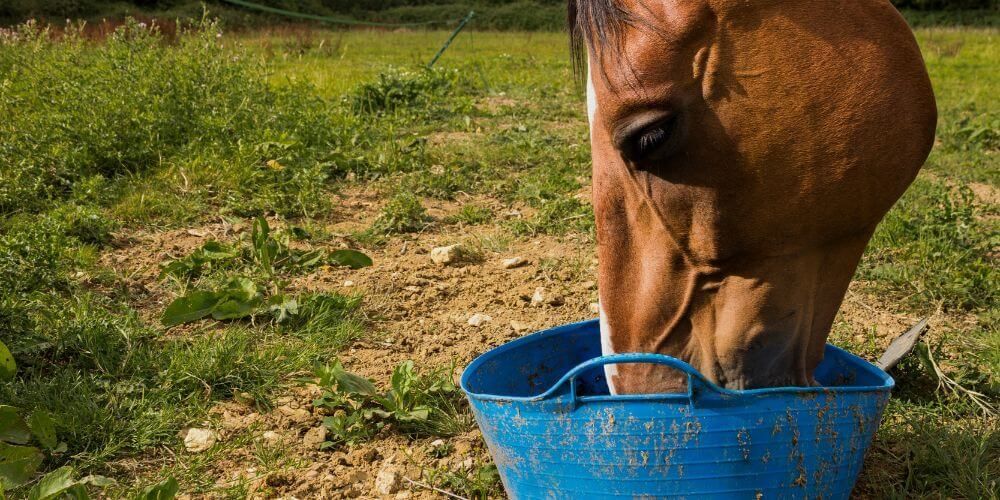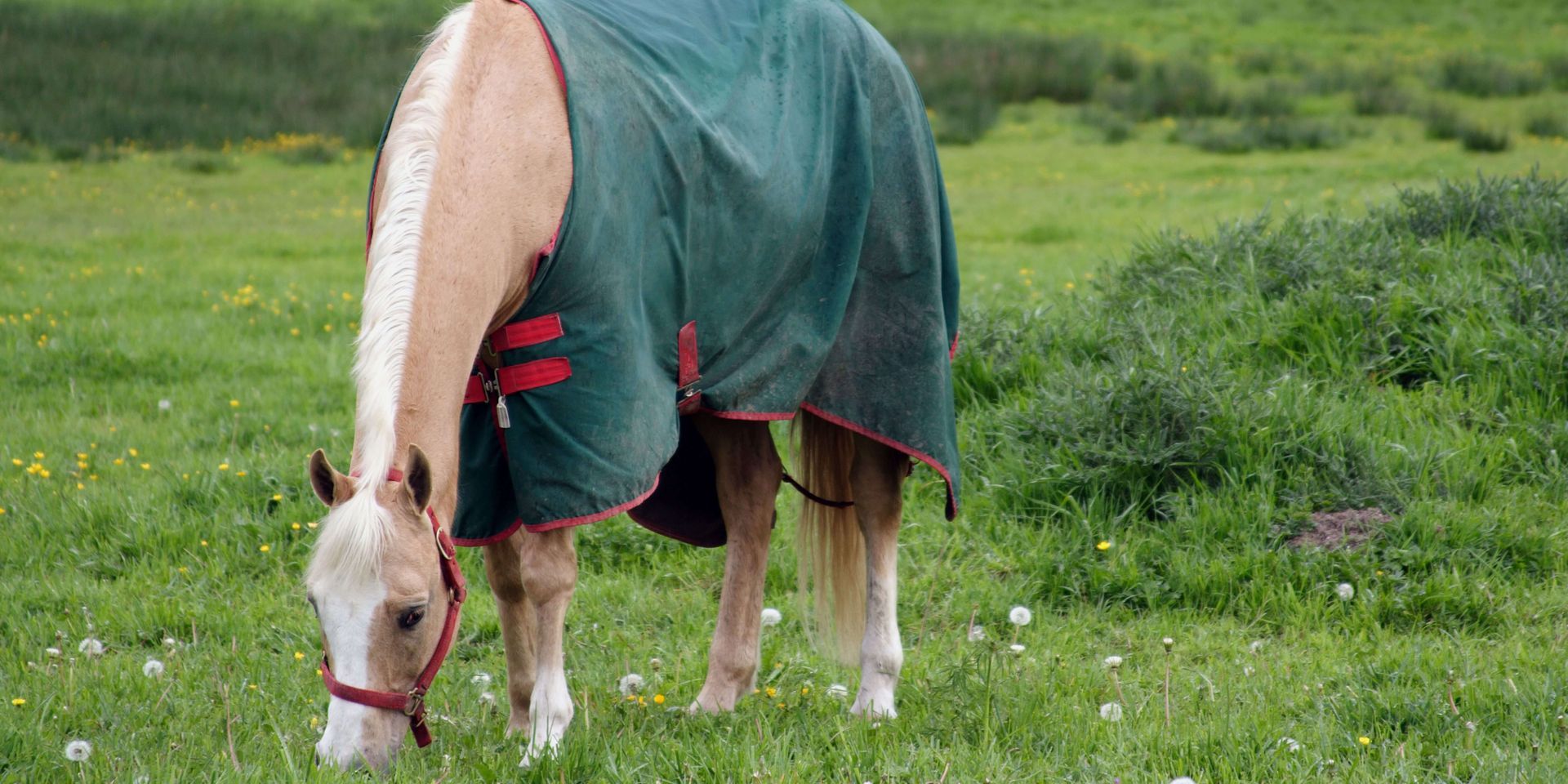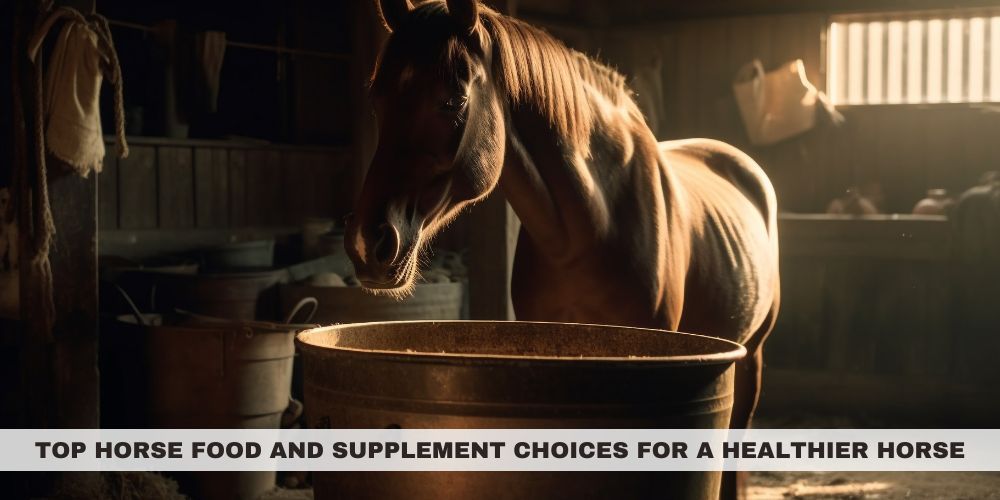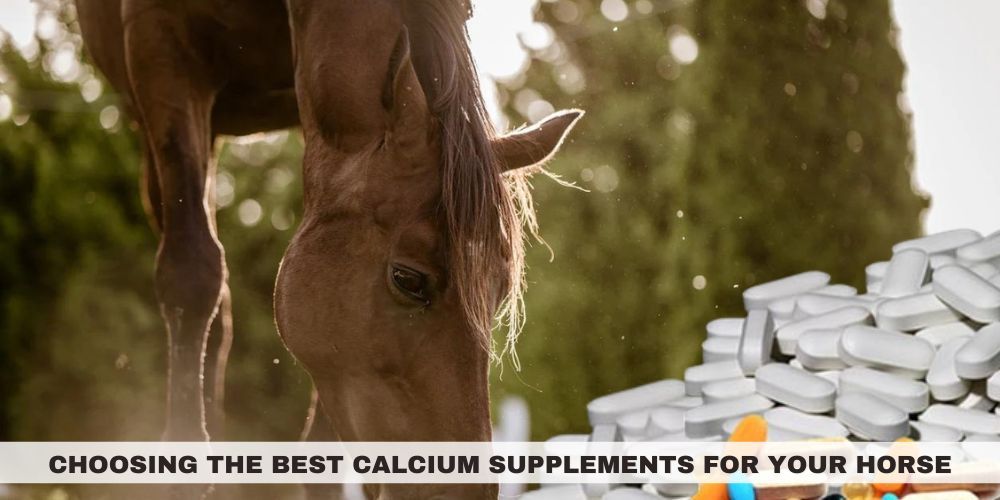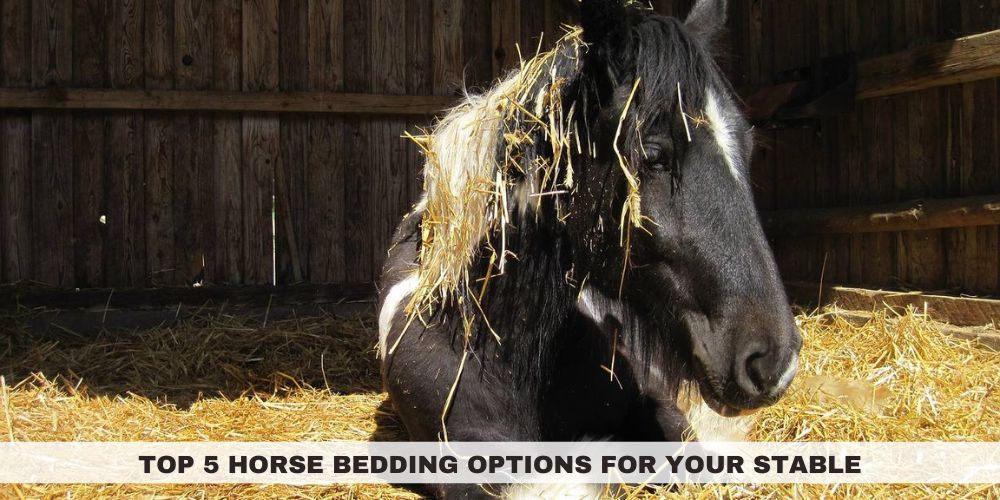Allergies and Sensitivities: How Spring Affects Horse Nutrition
New ParaAs spring is approaching all over the United States of America, especially in California, horse owners look forward to warmer temperatures and green ranges. Spring also brings a boost of allergens that impact equine health and diet, however. Like their human counterparts, horses also get seasonal allergies that manifest in a variety of symptoms, from skin irritation to respiratory problems to digestive sensitivity.
Knowing how allergies affect horses in spring is important for maintaining their health. This guide will discuss equine allergies that affect most areas, their symptoms, and dietary methods for managing these allergies.
Common Spring Allergies in Horses
Spring is just around the corner, and horse owners must be familiar with the seasonal allergies that can bother their horses. Two main types of horse allergies are environmental allergies and allergies to insect bites. As this time of year approaches, with changing seasons throughout various parts of California, it is key to know about these allergens to keep your equines healthy.
Environmental Allergies
Horses can be allergic to various environmental allergens, including:
● Pollen: Pollen from grass, trees, and weeds is responsible for causing allergies in horses and resulting in respiratory difficulties and skin irritation.
● Mold: The higher humidity levels during the spring can cause mold to develop in hay, bedding, and pastures, which can lead to respiratory issues in horses.
● Dust: Dust on bedding in a barn or dried-up pastures also irritates a horse's respiratory system.
Insect Bite Sensitivities:
With the warmer temperatures that approach, there is heightened bug activity that can be responsible for causing allergies in horses:
● Midges (Culicoides spp.): The small biting midges cause a condition known as sweet itch, a skin allergy response.
● Mosquitoes: Their bites also lead to allergic reactions and elevate vector borne disease risk.
● Stable Flies: The bites of stable flies are highly irritating and can lead to secondary skin infections.
As a horse owner in California, you must identify these possible allergies and take the required measures to keep your horses healthy during this spring season.
Signs of Allergies in Horses
Recognizing allergy symptoms in a horse at an early stage is of great importance to their proper management and overall health and welfare. Allergies in equine animals manifest in various ways, and their owners need to be watchful. The two most striking groups of allergy signs to be noticed are explained below:
Skin Issues
● Hives: These appear as raised, itchy welts that can emerge suddenly on the skin.
● Itching and Hair Loss: Persistent scratching often leads to bald patches and irritated areas on the skin.
● Swelling: Localized swelling may occur due to insect bites or environmental allergens.
Respiratory Problems
● Coughing: A consistent or seasonal cough can indicate that your horse is experiencing respiratory allergies.
● Nasal Discharge: The presence of clear or slightly thick mucus may be a sign of allergic rhinitis.
● Labored Breathing: Difficulty in breathing or wheezing, particularly in dusty settings, suggests an allergic reaction.
By monitoring for these symptoms, horse owners can ensure timely care and effectively address any allergy-related concerns.
Nutritional Adjustments for Allergic Horses
The right diet can help your horse better manage allergies and bolster immune function. A healthy diet full of natural substances and foods can enhance the immune system and minimize inflammation.
Moreover, adding antioxidants to a horse's diet helps eliminate free radicals that can aggravate allergies. Methods for maintaining a horse's overall immunity in terms of gut health include minimizing exposure to regular allergens and supplementing allergy-prone horses with probiotics. Correct nutrition also enhances a horse's readings and health.
Food Sensitivities
Certain horses can be allergic or become intolerant to certain ingredients in their diet. In order to control food sensitivity effectively, take these steps:
- Identify common allergens, including soy, alfalfa, and wheat.
- Choose hypoallergenic foods that consist of a low number of ingredients.
- Incorporate natural remedies such as herbal supplements to soothe inflammation.
Anti-Inflammatory Diet
An anti-inflammatory diet can be beneficial for horses dealing with allergies. Key components of such a diet include:
● Omega-3 Supplements: These, which can be found in flaxseed and fish oil, are known to reduce inflammation and promote healthier skin.
● Antioxidants: Nutrients like vitamin E and selenium play a vital role in supporting immune function.
● Immune-Boosting Supplements: Probiotics and various herbal blends can enhance a horse’s immune response, helping them better cope with allergens.
By focusing on these dietary components, horse owners can help improve their horses' overall health and resilience against allergies.
Prevention and Management
Preventive strategies are essential in minimizing allergen exposure and enhancing the comfort of horses. Here are some key management practices:
Stable and Pasture Management
To maintain a healthy environment in barns, ensure they are well-ventilated to reduce dust and mold levels. Choose low-dust bedding options such as paper or rubber mats. Rotate pastures to minimize exposure to high pollen areas. Additionally, implement effective insect control measures, including fly sheets, repellents, and fans.
Elimination Diet
In cases of chronic allergy in a horse, an elimination diet is a helpful means of identifying offending ingredients:
● Start by removing suspected allergens from the horse's diet.
● Gradually reintroduce foods one at a time, looking for any evidence of allergy.
● Adjust the diet in response to meet the requirements of the horse based on observations.
By following such methods, horse owners can manage allergies to a great extent and promote overall health.
Conclusion
Spring allergies can torch a horse's health and nutrition, yet management can douse the flames. By recognizing the allergens to treat, changing foods, and taking precautions, horse owners can improve their horses' quality of life. To support equine health this allergy season, American Horse Products offers high-quality feeds, supplements, and allergy-friendly solutions. Do you have any experience dealing with equine allergies? Please feel free to let us know in the comments below. Also, be sure to subscribe for more horse care advice from the experts!graph


